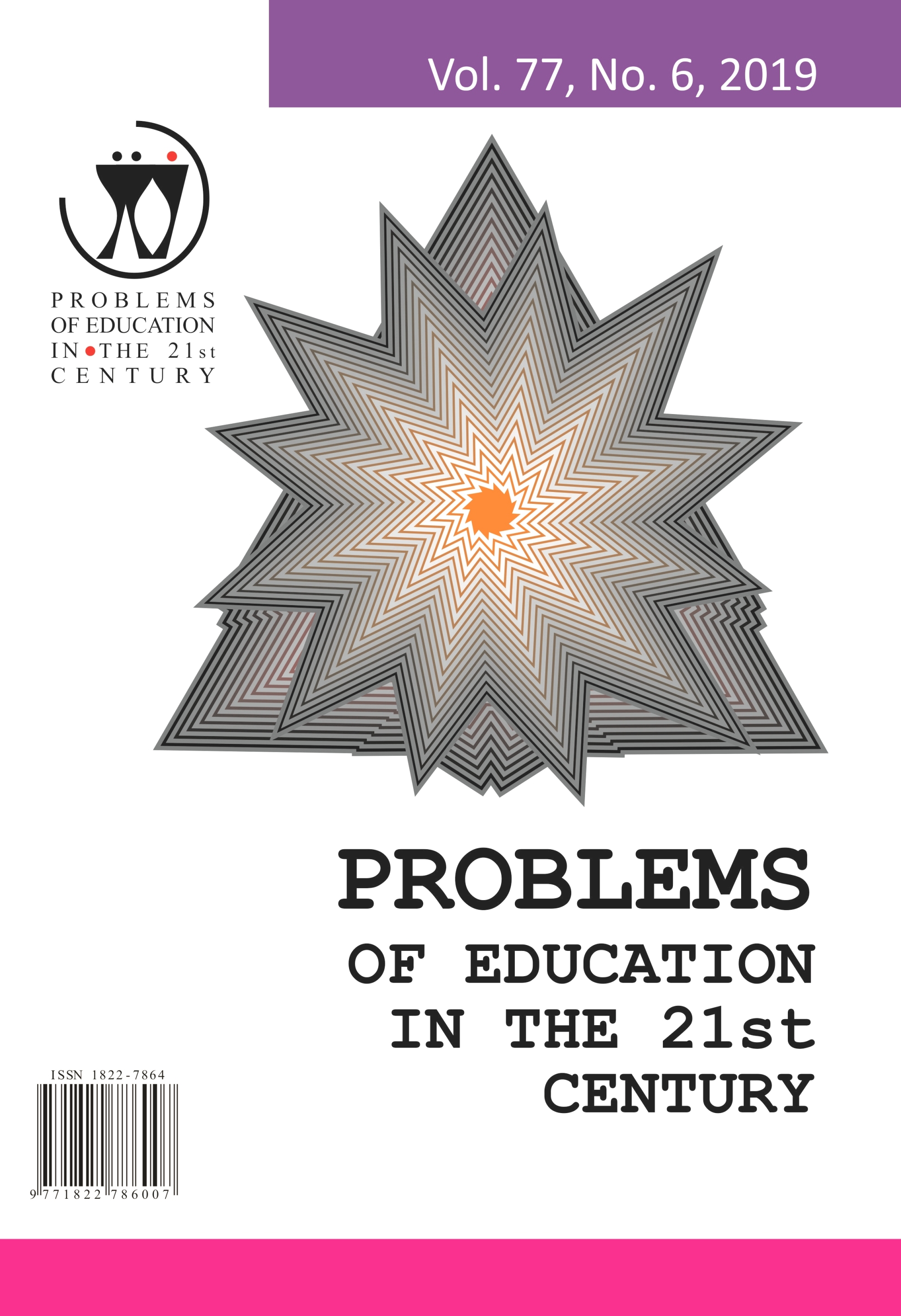MULTIVOCAL DIDACTIC MODELLING: COLLABORATIVE RESEARCH REGARDING TEACHING AND CO-ASSESSMENT IN SWEDISH PRESCHOOLS
MULTIVOCAL DIDACTIC MODELLING: COLLABORATIVE RESEARCH REGARDING TEACHING AND CO-ASSESSMENT IN SWEDISH PRESCHOOLS
Author(s): Ann-Christine Vallberg Roth, Ylva Holmberg, Camilla Löf, Catrin StenssonSubject(s): Education, Preschool education
Published by: Scientia Socialis, UAB
Keywords: co-assessment; didactic models; multivocal didactic modelling; preschool education; Swedish preschools; teaching arrangements;
Summary/Abstract: In Swedish preschools teachers seem to struggle with the concept of “teaching” in their day-to-day practices. A three-year collaborative research project involving preschool teachers, managers and researchers therefore aimed to describe and further develop knowledge about what could characterize teaching and co-assessment based on scientific grounds and proven experience. The research was carried out in between 93 and 137 preschools/or preschool departments in ten municipalities in Sweden between 2016 and 2017. The method was based on a praxiographic approach where preschool teachers tested four different theory-informed teaching arrangements. The material consisted of about 895 co-plans, 740 co-evaluations and 110 hours of video. Analysis was based on a didactic premise and can be methodologically described in terms of abductive analysis. The analysis was merged and tested in a communicable entity through the “multivocal didactic modelling” concept. The results indicated that teaching is modelled through co-assessment. Multivocal traces related to didactic questions and didactic levels emerge from theory-informed teaching arrangements. The research stands to make a highly significant contribution to knowledge development concerning teaching and co-assessment in preschool. Theory-informed teaching arrangements, with integrated didactic models, have been tried and shown to support teachers in conducting teaching that is based on scientific grounds and proven experience. The concept “multivocal didactic modelling” paves the way for alternative (meta)theoretical trajectories for critical reflection and for more cohesive and finely tuned teaching. In conclusion, the contribution to the development of knowledge can be described in terms of theory-informed practical development and practically grounded conceptual development.
Journal: Problems of Education in the 21st Century
- Issue Year: 77/2019
- Issue No: 6
- Page Range: 806-834
- Page Count: 29
- Language: English

